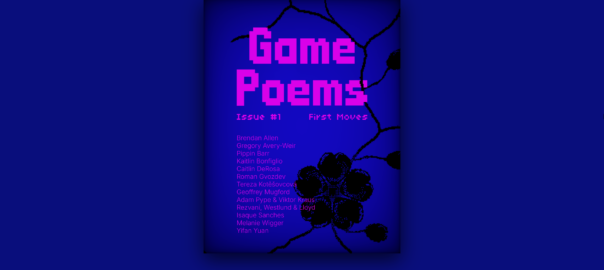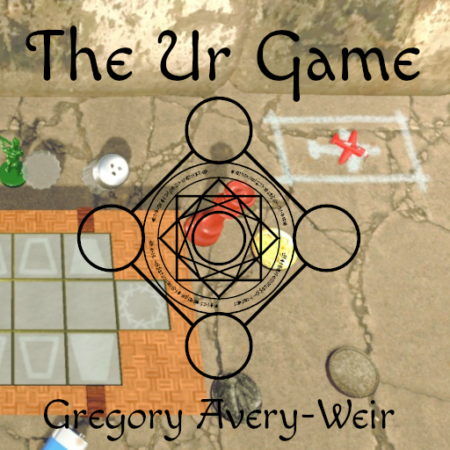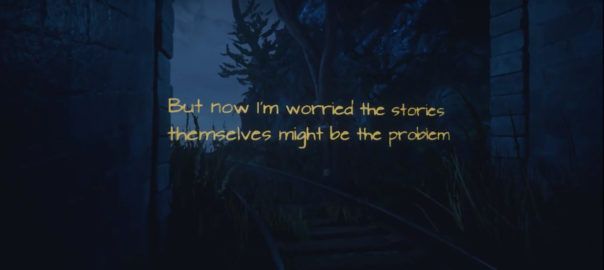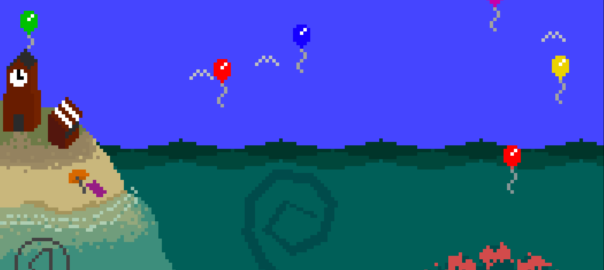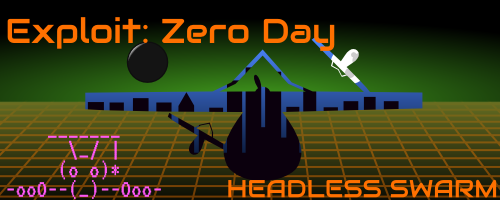I’m honored to be part of the editorial collective for the first issue of Game Poems, an interactive magazine founded by Jordan Magnuson, who literally wrote the book on game poetry. The first issue collects 13 short, poetic video games that can all be played in your browser.
My contribution1 is “The Ur Game,” a puzzle about games, war, and the rules we choose to follow.
The theme for this issue was “First Moves,” and I explore both the experience of interacting with an unfamiliar game for the first time and the question of what we need to do in order to start to escape this broken system we live in.
I initially designed “The Ur Game” last year at a time when the primary bit of world news on my mind was the ongoing genocide of Palestinians by the state of Israel. Now, my own country, the United States, has dramatically increased the pace of its genocidal campaigns against Latine people and is terrorizing its own residents with secret police. I hope the is less relevant to world events in another year.
Please check out the rest of the games in Game Poems #1! I think we selected a diverse and excellent selection of artsy games, and I hope that they help to expand your view of how games can work. And take a look at the Community Showcase, which collects submissions that didn’t end up in the issue! It was very hard picking just ten submissions to include, and the collection contains many excellent works.
